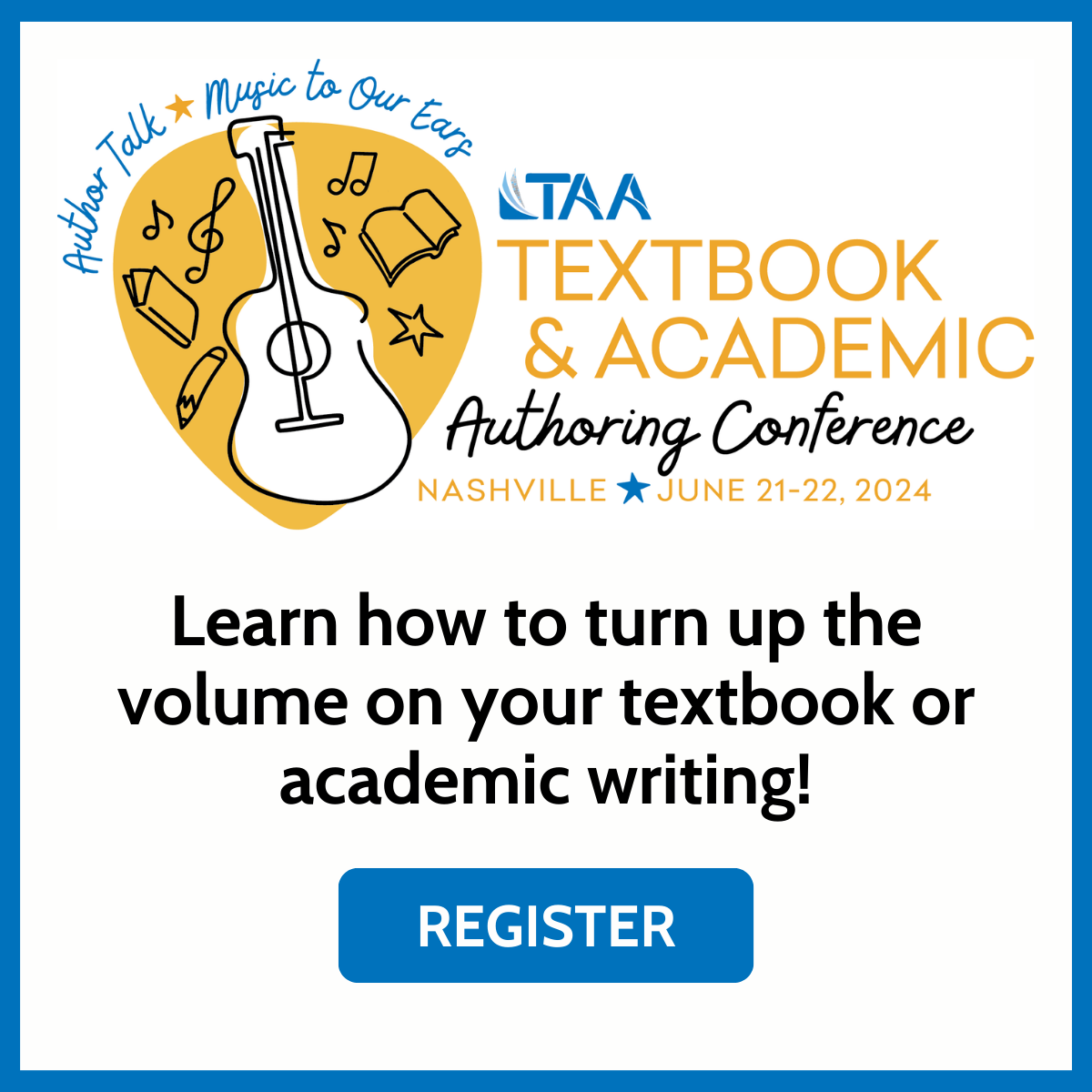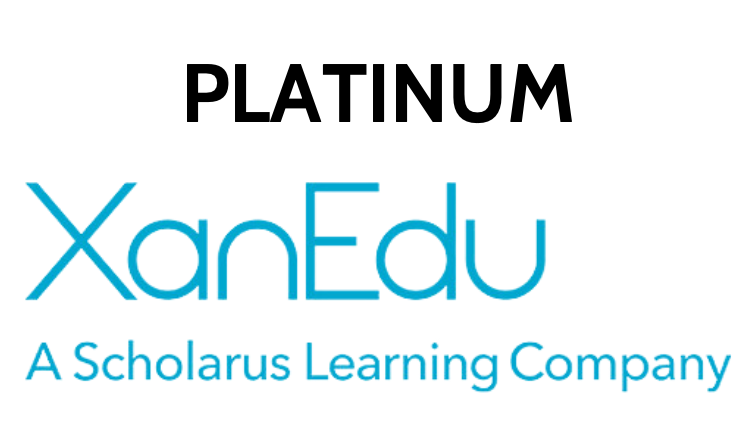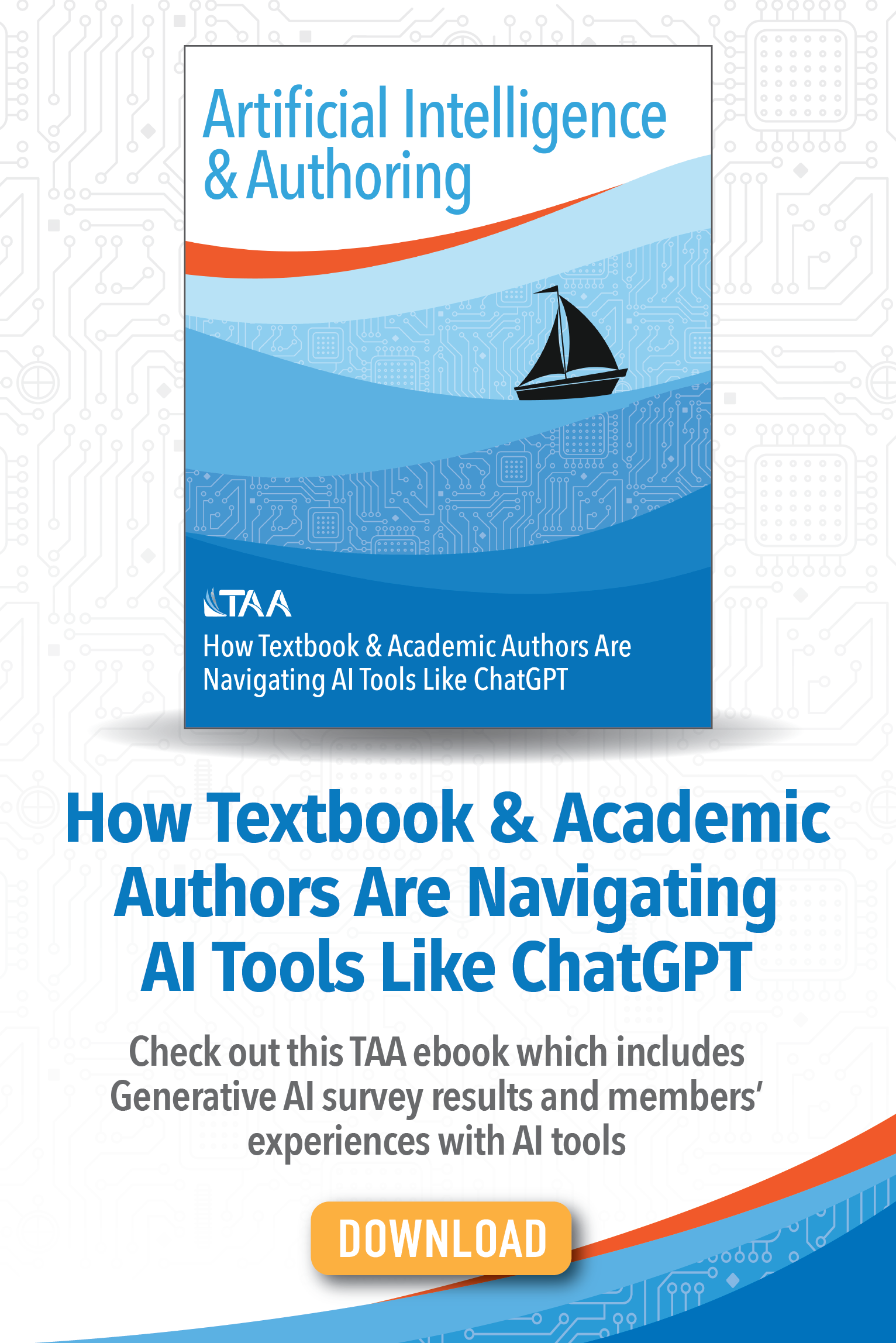Conference ProgramThe program and schedule for TAA's 2022 conference will be announced this fall. TAA's 2021 conference program is available for review below to provide an idea of the content offered at TAA conferences. Textbook Track Academic Track General Track Textbook TrackBack to the Future: Opportunities to Reset the Terms of Your Book ContractWhen negotiating publishing contracts, authors of new works typically lack bargaining power because at that stage the market potential of the work is unknown. Once a work proves popular, many authors wish they could go back in time and renegotiate their publishing agreements to allow for better terms and royalties. There are several events that may provide you an opportunity to do just this: Your publisher proposes that you sign an amendment or “updated” form of contract; it’s time for a revision and you want to start to scale back your participation and bring on a successor; the publisher has lost interest in your book and it is languishing on the backlist; or, you authored a work in the mid to late 1980's, in which case you can take advantage of Section 203 termination (or a 304 termination for older works). Steve Gillen, an attorney with over 40 years of experience negotiating book publishing contracts, explains the various strategies available to you to level the playing field with your publisher.
Book Publishing 101: The Steps from Idea to Finished ProductWhere do I start? Publisher or Agent? Self-publish? Open access? Co-author or write it alone? Proposal or query? eBook or printed book? Can I negotiate the contract? How much marketing and promotion must I do? Publishing Consultant John Bond goes through each step in the publishing process from idea to proposal to finding a publisher to a final product, including all of the most frequently asked questions. A process grid will be provided including additional resources for a deeper dive afterwards. Bring your questions and concerns. If you have little experience or have published before, attend this lively interactive discussion to include multiple perspectives from different markets and different publishing platforms.
Copyright and Permissions Issues for the 21st Century Textbook AuthorMany authors have piecemeal information about copyright law gathered over the years through their work as both authors and instructors. They may know how copyright clearance relates to their own books, or that permissions issues must be considered when using other people’s content in different educational settings, but they often have less of a sense of how it all fits together. Especially as more authors are self-publishing or publishing through OER, you can't count on a publisher to steer you through the permissions process. Additionally, where many authors wear additional "instructor" hats, it is important to understand when and how you can use material in the classroom (both in-person and distant). In this session Brenda will provide an overview of the central tenets of copyright law, what it protects and how it works, including dispelling some common misconceptions about copyright protection and fair use. She will focus on specific issues and risks for authors and instructors in particular and how best to capitalize on copyright law while reducing risk.
Creating an Author Promotional Platform: What, Why, and How ToAll textbook, book, and monograph authors need a platform to help sell their idea to a publisher and their work to buyers and readers. Gone are the days that an author can ignore marketing. Publishing Consultant John Bond will explain what an Author Platform is and why you need one. He will discuss the importance of starting early and not waiting until after the book is written. Topics will include speaking engagements, social media, networking with your current contacts, working with your institution and professional association, and many more. Bring your ideas, questions, and an open mind.
Inclusion and Diversity in our TextbooksCreating a learning experience that promotes inclusion and diversity should start with our textbooks. We are at an important moment where students, instructors, and educational systems are calling for materials that allow instructors to create a more inclusive curriculum that better exemplifies a more diverse and global perspective in all disciplines. Textbook authors have the opportunity to enhance the educational experiences of students and instructors by thoughtfully creating materials that promote diversity, equity, and inclusion through our choices of language, images, examples, and references. In this session, we will discuss strategies used by the presenters for creating textbooks that exemplify a diverse perspective and provide resources for authors to attain this goal. At the end of this session, authors can create a preliminary plan for their next textbook update that enhances the learning experience by promoting diversity, equity, and inclusion for their readers.
Publishing Litigation and Dispute Resolution: 2020-21 RoundupThis session will cover trends in publishing-related litigation and dispute resolution, including recent decisions from state and federal courts concerning copyright and contract-related claims. Panelists will discuss these decisions in the context of best practices in drafting author agreements, including the application of these decisions and drafting practices to new modes of publishing and distribution.
Publisher Roundup: Royalty Hints in the Pages of Financial FilingsOver the past several years, royalty statements have grown larger in page count but smaller in dollar payments. Higher education, along with the rest of the world has been turned on its head because of the global pandemic. Will this result in an even further depression in royalties or will publishers benefit by the ease of distribution of electronic materials? In this session we will look at recent public publisher financial statements - not just the hard numbers but also read between the lines to glean information about author royalties.
Reach All Students: How Can We Make Our Educational Content Accessible to All?Join a conversation about how textbooks might adapt to the varying needs of today's students. In addition to vision and hearing challenges, students with autism spectrum disorder, post-traumatic stress disorder, and others, have diagnosed needs that must be met in the learning environment. Beyond that, many students (e.g., older returning learners, single parents with young children, unhoused students, and English language learners) face obstacles that affect learning. Presenters will first briefly address accessibility concerns in textbooks, discussing how we might use our experiences as educators in the online and traditional classroom to find a way forward with textbooks. Then, we'll step aside and engage everyone in a lively open discussion of an increasingly important issue in creating educational materials. Please come ready to share your own tools, practices, ideas, concerns, or questions!
Think Small! How Authoring Stand-Alone Supplements with Small Publishers Could be Your NicheThe overall goal of this session is to explore an attractive alternative to textbook authoring: writing stand-alone supplements and working with a small publisher. Paul will share how he was able to launch his authoring career with Morton Publishing's best-selling four-book series called The Visual Analogy Guides. The benefits of both working with a small publisher and working on stand-alone supplements will be explained. Is this niche market for you? Come and find out!
What is Happening to Your Textbook?This interactive session seeks to bring together published textbook authors to discuss shifting author roles related to the current trends in publishing. Potential topics include: Is your book continuing to be published on the so-called traditional three-year cycle? Are you being asked to work more on digital content than in the past? How are you compensated? Were you asked to sign a revised agreement (contract) to reflect the changing trends? What changes have you noticed on your royalty statements as far as what is selling? Has the marketing/sales support for your titles changed? By sharing among authors, we may identify some publishing trends (or not) and establish what might be a reasonable work request from our publisher as they shift to more digital offerings. Come with answers and questions. Stronger together. All are welcome.
Diversity, Equity, and Inclusion (DEI) Survey Results: Where We Are and What We Have LearnedLast September, TAA conducted a survey to learn more about the DEI experiences and needs of our members. Since that time TAA has organized a Committee for Diversity, Equity, and Inclusion with several committee members participating in the analysis of the survey. During this 20-minute overview we share the work of the committee, provide highlights of survey results, offer a vision into the future and follow up with further discussion. Presenters: TAA Committee for Diversity, Equity, and Inclusion Academic TrackCoauthor Strategies for Non-Peer Writing Collaborations: Mentors and MenteesThis presentation shares strategies that support the collaborative projects of writers who are coauthoring from divergent or asymmetrical positions. Writing in collaboration with others requires a specific set of writing-related interpersonal skills, particularly if the writing project is to be done well, without conflict, and in a timely manner. A collaborative writing relationship comprised of non-peers poses particular challenges. This session includes useful methods from the Mentoring through Writing programming at a research university: collaborative arrangements, author agreements, feedback options, project timelines, and a community writing guide. Session participants will be provided templates and be walked through materials to frame a smooth-working collaborative writing partnership or team.
Concretizing the Abstract"And that's why your books, have such power and strength. You publish with shorth! (Shorth is better than length.)" -- Dr. Seuss In the genre of academic writing, only abstracts heed the good doctor's advice. Yet the observation, which links power to length in writing, suggests that abstracts are the most powerful aspect of a manuscript. Realistically, to extract key findings, busy researchers may read only the abstract, and for those who proceed onward, the abstract provides an advance organizer framing their comprehension. So how do we construct abstracts that both inform and invite? In this interactive session, via comparing and contrasting abstracts across disciplines, we will determine essential, recommended, and non-recommended features of abstract writing. Next, through the lens of rhetorical moves, we will consider the underlying structure. Finally, tools, including templates and concrete steps, will be provided for efficiency of future abstract writing.
Double-Dipping Using Focused Feedback: How to Improve Your Writing While Improving Student WritingThrough modeling good practices that writers use, faculty can improve student writing while attending to their own. Given the power of feedback in terms of student learning, achievement, and commitment, faculty feedback on student writing should be timely and relevant. Yet, while students anxiously await feedback, faculty are worried about (1) the time it takes to give quality feedback and how that , (2) whether students will act on well-intended feedback, and (3) whether the feedback provided is the most relevant in the first place. The purpose of this session is to demonstrate to faculty how to use a holistic feedback practice to address the three key feedback issues of time, responsiveness, and relevancy on student writing, while at the same time improving your own writing practice. By employing this approach, faculty can address their own concerns about feedback, increase students’ satisfaction, and improve their own writing practice.
Faculty Writing Groups: Sustaining and Thriving in a Virtual WorldWriting support systems of various construction are used by university faculty to create structure and accountability in the scholarly research writing process. Prior to the COVID-19 pandemic, a group of faculty from the college of education at a mid-sized state public university initiated faculty writing groups to support and enhance scholarly writing practices. Multiple writing groups were formed using various approaches for supporting productivity, ranging from groups meeting weekly and high levels of participation and feedback to groups that served as accountability check points with little additional involvement. A few months into this project, the COVID-19 pandemic hit. Writing groups underwent adaptations to the pandemic, resulting in increased productivity in some instances and decreased in others. This session will highlight the lessons learned regarding optimal writing group models, what worked and why, as well as the impact of remote writing circles during the prolonged period of social distancing.
Five Academic Writing Moves to Level Up Academic Writing for PublicationPublished academic authors generally rely on five key strategies to ensure that academic writing for journal articles, monographs, and textbooks will be accepted for publication. This presentation will break down these strategies into simple steps academic authors can take to improve chances for publication. These moves include tips for paragraphing structure, transitional phrasing that helps the reader understand the argument, and simple tweaks that can be done quickly with an impressive effect on writing quality. This presentation will offer templates and takeaways to illustrate how these strategies help with editing and revising to increase clarity and cohesion in academic writing.
How to Use Mindmapping to Make Yourself a More Productive WriterSomeone once asked William Faulkner if he wrote by inspiration or by habit. His reply? He wrote by inspiration, but, luckily it arrived at 9 am every morning. For writers who don't have inspiration show up at their door so regularly, mindmapping is a simple technique that can help. Developed by a noted thinker of the 3rd century, mindmapping is a visually graphic way of thinking and planning. It's fun, easy-to-do, and best of all, it can banish writer's block and make writing enjoyable again. The technique is particularly useful for academic writers who frequently become trapped by linear and logical ways of thinking. Mindmapping, in contrast, encourages creativity, out-of-the-box ideas and inspiration.
Pitfalls to Avoid: Unload the Dead Weight in Your Academic WritingIn this hands-on session, you will explore ways to eliminate dead weight in your own academic writing. First, you will engage in activities to identify common pitfalls -- passive voice, nominalizations, and dead wood in selections of academic writing. Then, in small groups, you will exchange ideas, practice eliminating the dead weight, and revive the writing selection. Finally, after sharing our collective knowledge, we anticipate feeling empowered and inspired to apply these ideas to enliven our own academic writing.
Support Strategies for Your Writing JourneyEmotions can propel our writing projects forward with inspiration, or stop us in our tracks. Oftentimes writing support groups focus on supporting the organizational aspects of writing, such as time management, accountability, and task delineation, without acknowledging the many roles of emotion in writing. In fact, when as writers we procrastinate, avoid feedback, drop unfinished (but promising) projects, or hold onto finished work for too long, negative emotions often reinforce these decisions. Therefore, recognizing and promoting emotional support is key for successful writing. Academic writing, whether as an independent author or faculty member, is often a lonely business offering few built-in supports. In this interactive panel, based on lived experiences and research, we discuss practices in creating and sustaining writing communities to support the emotional aspect of writing, via traditional writing groups and in alternative formats. We consider ways to engage authors in conversations to better understand the emotional aspects of writing. Finally, transitioning from the group to the individual, we also discuss independent strategies, such as expressive writing, which can help manage negative emotions and nurture positive ones.
Writing Success Through AccountabilityWriting often gets left behind in the whirlwind of responsibilities. We will present one model for a successful writing accountability group that has propelled participants to significant production and professional inspiration. This model relies on key features of successful behavior change: experiencing nudges, addressing barriers, record keeping, community building, behavior modeling, and reducing imposter syndrome, among other features. As both participants and architects of the experience, we will report specific examples that make the general advice "do what works for you" real for writers, namely through trial (those of ourselves and others), error, and reflection. Further, we will engage session participants in planning a group writing accountability system that works in their institutional or personal contexts and with the typical publication types in their disciplines. We will provide a research-informed resource guide to support implementation of a writing accountability group, and help writers experience significant productivity gains.
General TrackBrand Beyond Borders: Making Your NameHow can you convey your unique expertise to new readers outside your home discipline? How can you build credibility with professionals, practitioners, policymakers or community members outside of academia? For some, institutional affiliations reinforce a positive reputation, but for others it is limiting. Freelance, independent, or non-academic writers have to make their own marks. Part self-reflection, part marketing, we'll think about how to develop and communicate our brands. I'll share thinking behind my brand, "free-range scholar," and show other successful examples.
How to Include Diversity and Culture in Your Textbook and Other Academic WritingThis session examines the importance of including diversity in terms of ethnicity, race, sexual orientation, ability, spiritual or religious perspectives, gender, cultural worldview, and others in academic writing. The goal is to help authors create more well-rounded works that address the global society that we live in today and prepare readers (students, academics, and others) for that reality. Tips will include writing practices to avoid, ways to efficiently determine what types of information to include, and the various ways that diversity and culture can be incorporated in writing. I will also discuss why just creating a separate chapter to address diversity and culture is problematic, then highlight how to incorporate these constructs throughout one's writing. Participants will be invited to share their perspectives on including diversity and culture in their own writing.
Streamline Your Data Management & Writing Productivity: Zotero Digital Citation Management SystemMaking sure you include the breadth and depth of the work of others in your journal article submissions can be time consuming and frustrating. Many writers struggle with managing the large amount of resources involved in their projects. How do you manage all those resources? Do you have stacks of articles in your office? A file cabinet full of articles? Multiple electronic files of articles yet to be reviewed? In this session, Dannelle will discuss strategies for using Zotero, an open-source tool, for organizing collections of citations, journal articles, and papers and for effectively including the work of others in your manuscript. Participants will learn how to increase productivity by using Zotero as a "personal assistant" to collect, organize, cite, annotate, and share literature in one convenient place, accessible across platforms.
What Does Mindfulness Have to do with Academic Writing? Lots!What is mindfulness? It is not simply an approach to your personal life, but has application to your professional life as well. Mindfulness is the holistic practice of creating an awareness of the present moment. Engaging in mindfulness asks you to become aware of what you are doing by checking in with what you are feeling and thinking, in the here and now. Antonio and Moriaty (2008) support the notion that “…writing involves all aspects of the self: intellectual, physical, emotional and spiritual. Thus, our approach to teaching writing is holistic. We advocate stepping back from the mechanics of writing and inviting writers to examine questions such as: Who am I? What are my values? What are my passions? What is my own experience of the creative process? What does writing mean for me? And only after that: What do I have to say and how do I want to say it?” (p. 159) Adopting a holistic approach to your writing practice by incorporating mindfulness and reflection helps you to understand more about yourself and provides that creativity, focus, and momentum you need to sustain your efforts over the long haul. This session is designed to offer everyone from the novice to the well-practiced a set of exercises to tap the richness of your experience and weave it into your academic writing life.
Questions about the program? Contact [email protected] TAA reserves the right to make changes to the program and schedule as circumstances require. |


 Presenter: Steve Gillen is a partner at Wood Herron & Evans LLP in Cincinnati, OH, where he counsels clients in publishing, copyrights, and related matters. He is a TAA Council Member and a long-time presenter at its annual conferences. He has written and spoken nationally on various publishing and copyright topics and teaches courses in Media Law at the University of Cincinnati. Earlier in his career, Steve served as in-house counsel for a middle-market educational publishing company.
Presenter: Steve Gillen is a partner at Wood Herron & Evans LLP in Cincinnati, OH, where he counsels clients in publishing, copyrights, and related matters. He is a TAA Council Member and a long-time presenter at its annual conferences. He has written and spoken nationally on various publishing and copyright topics and teaches courses in Media Law at the University of Cincinnati. Earlier in his career, Steve served as in-house counsel for a middle-market educational publishing company.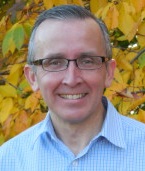 Presenter: John Bond
Presenter: John Bond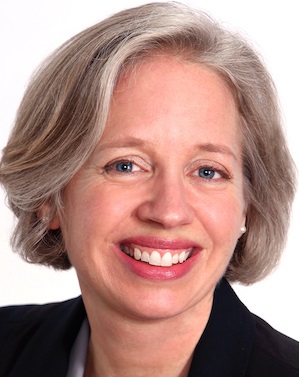 Presenter: Brenda Ulrich
Presenter: Brenda Ulrich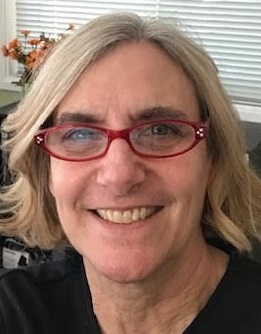 Presenter: Shawn Nordell is the co-author of Animal Behavior, Concepts, Methods, and Application (3E) which won a TAA Most Promising New Textbook in its initial edition. She is a career and educational specialist and has served as associate director of the teaching centers at Brown University and Washington University in St. Louis where she worked on inclusion and diversity pedagogical initiatives. She received her Ph.D. in Biology at the University of New Mexico.
Presenter: Shawn Nordell is the co-author of Animal Behavior, Concepts, Methods, and Application (3E) which won a TAA Most Promising New Textbook in its initial edition. She is a career and educational specialist and has served as associate director of the teaching centers at Brown University and Washington University in St. Louis where she worked on inclusion and diversity pedagogical initiatives. She received her Ph.D. in Biology at the University of New Mexico.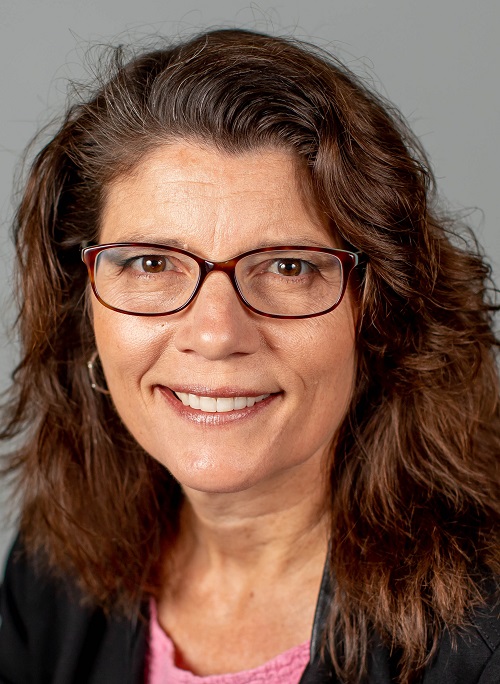 Presenter: Laura Frost
Presenter: Laura Frost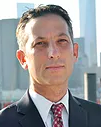 Presenter: David Slarskey is a trial attorney with experience in copyright, contract, and competition disputes. He has counseled authors in disputes adverse to McGraw-Hill, Pearson, and Cengage. For more information on his practice, see
Presenter: David Slarskey is a trial attorney with experience in copyright, contract, and competition disputes. He has counseled authors in disputes adverse to McGraw-Hill, Pearson, and Cengage. For more information on his practice, see 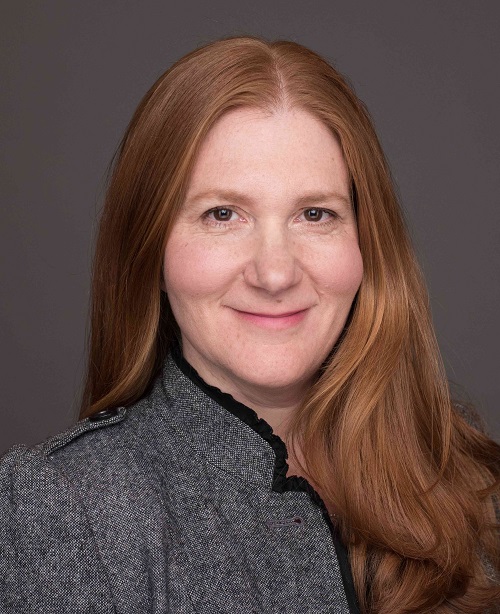 Presenter: Juli Saitz leads contract and royalty compliance practice at Ankura and has extensive experience serving clients including several textbook authors as well as multi-national corporation licensors. Her work in this area includes developing and implementing royalty compliance programs and performing audits of licensees around the world. Juli has helped authors and corporate clients recover millions of dollars in asserting their audit rights related to licensed copyrights, trademarks and patents. She is focused on the shift in the publishing industry to electronic content delivery methods and adaptive learning platforms. In addition, Juli has served as a damages expert in matters involving royalty disputes in the publishing industry.
Presenter: Juli Saitz leads contract and royalty compliance practice at Ankura and has extensive experience serving clients including several textbook authors as well as multi-national corporation licensors. Her work in this area includes developing and implementing royalty compliance programs and performing audits of licensees around the world. Juli has helped authors and corporate clients recover millions of dollars in asserting their audit rights related to licensed copyrights, trademarks and patents. She is focused on the shift in the publishing industry to electronic content delivery methods and adaptive learning platforms. In addition, Juli has served as a damages expert in matters involving royalty disputes in the publishing industry.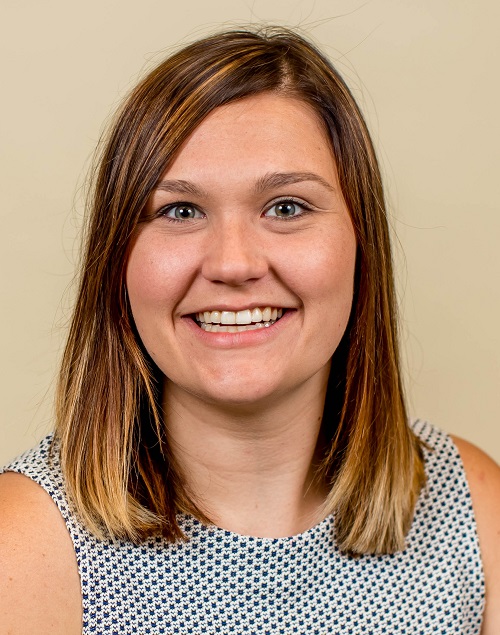 Presenter: Alyssa Harter is an Assistant Professor at Umpqua Community College in the Department of Speech Communication. She also taught at Winona State University and Minnesota State University, Mankato. Her research pursuits include instructional communication, communication pedagogy, curriculum development and instructional design. Her research has been published in i.e. inquiry in education, The Online Journal of New Horizons in Education, and the National Forensics Journal.
Presenter: Alyssa Harter is an Assistant Professor at Umpqua Community College in the Department of Speech Communication. She also taught at Winona State University and Minnesota State University, Mankato. Her research pursuits include instructional communication, communication pedagogy, curriculum development and instructional design. Her research has been published in i.e. inquiry in education, The Online Journal of New Horizons in Education, and the National Forensics Journal.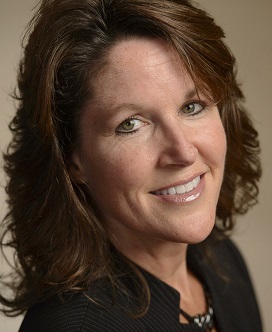 Presenter: Laura Jacobi is an Associate Professor at Minnesota State University, Mankato in the Department of Communication Studies. Previously, Laura taught at the University of Minnesota and the University of St. Thomas in St. Paul, Minnesota. Her research pursuits include instructional communication, interpersonal communication, and spiritual communication. She has published articles in a variety of outlets, including the Journal of Intercultural Communication Research, the Journal of Educators Online, i.e. inquiry in education, The Journal of University Teaching and Learning Practice, and the Journal of Pedagogic Development.
Presenter: Laura Jacobi is an Associate Professor at Minnesota State University, Mankato in the Department of Communication Studies. Previously, Laura taught at the University of Minnesota and the University of St. Thomas in St. Paul, Minnesota. Her research pursuits include instructional communication, interpersonal communication, and spiritual communication. She has published articles in a variety of outlets, including the Journal of Intercultural Communication Research, the Journal of Educators Online, i.e. inquiry in education, The Journal of University Teaching and Learning Practice, and the Journal of Pedagogic Development.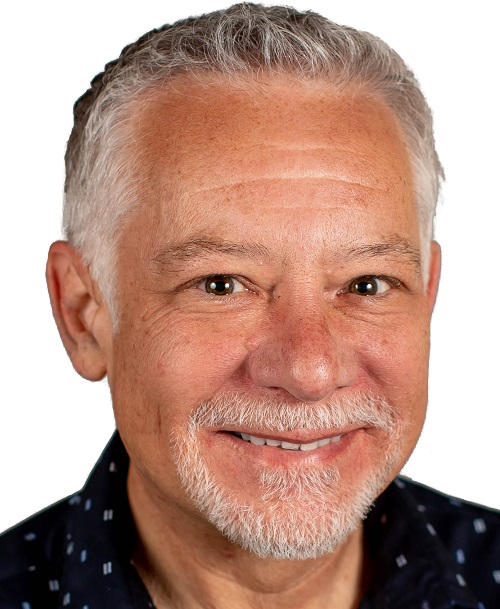 Presenter: Kevin Patton is an award-winning professor and textbook author in human anatomy and physiology (A&P). He has a podcast and several blogs about teaching and writing, including
Presenter: Kevin Patton is an award-winning professor and textbook author in human anatomy and physiology (A&P). He has a podcast and several blogs about teaching and writing, including 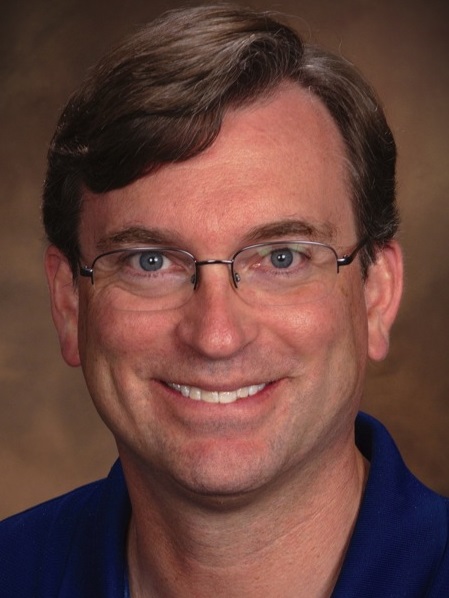 Presenter: Paul A. Krieger is an award-winning teacher and the creator, author, and illustrator of Morton Publishing's Visual Analogy Guide series. Due to the success of his first book on human anatomy in 2004, this unique book concept quickly evolved into a four-book series. He is Professor Emeritus of Anatomy & Physiology at Grand Rapids Community College and also works as a scientific illustrator.
Presenter: Paul A. Krieger is an award-winning teacher and the creator, author, and illustrator of Morton Publishing's Visual Analogy Guide series. Due to the success of his first book on human anatomy in 2004, this unique book concept quickly evolved into a four-book series. He is Professor Emeritus of Anatomy & Physiology at Grand Rapids Community College and also works as a scientific illustrator.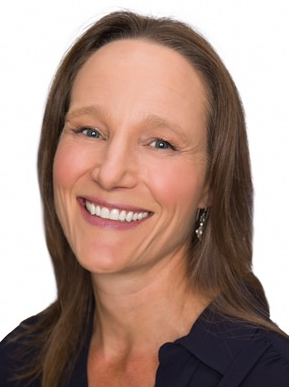 Presenter: Dr. Kristina Quynn is the founding director of CSU Writes--a professional research writing facilitation program at Colorado State University. Trained as a literary scholar, her research and publications have focused on contemporary experimental literature and performative criticism and can be found in publications ranging from the Chronicle of Higher Ed to Genre: Forms of Discourse and Culture. She is co-editor of the essay collection Reading and Writing Experimental Texts (Palgrave). Her current research and publications focus on academic writing productivity and sustainable writing practices for researchers.
Presenter: Dr. Kristina Quynn is the founding director of CSU Writes--a professional research writing facilitation program at Colorado State University. Trained as a literary scholar, her research and publications have focused on contemporary experimental literature and performative criticism and can be found in publications ranging from the Chronicle of Higher Ed to Genre: Forms of Discourse and Culture. She is co-editor of the essay collection Reading and Writing Experimental Texts (Palgrave). Her current research and publications focus on academic writing productivity and sustainable writing practices for researchers.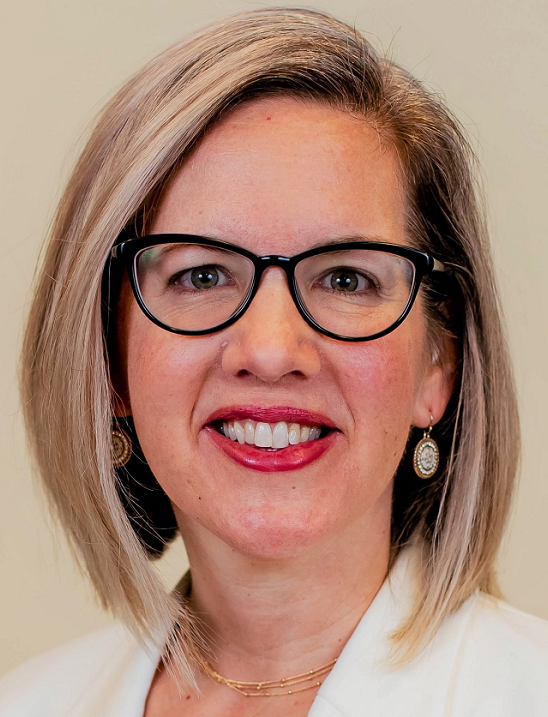 Presenter: After being a tenured professor at Texas A&M University, Erin McTigue started her own business, The Positive Academic, through which she mentors and coaches academics in writing and productivity, as well as runs workshops. While at Texas A&M, she co-directed a university-wide writing support program and developed an academic writing course for international students. Erin is widely published, has won teaching and mentoring awards, and continually aims to bring a lightness of spirit to the weight of academia.
Presenter: After being a tenured professor at Texas A&M University, Erin McTigue started her own business, The Positive Academic, through which she mentors and coaches academics in writing and productivity, as well as runs workshops. While at Texas A&M, she co-directed a university-wide writing support program and developed an academic writing course for international students. Erin is widely published, has won teaching and mentoring awards, and continually aims to bring a lightness of spirit to the weight of academia. Presenter:
Presenter: 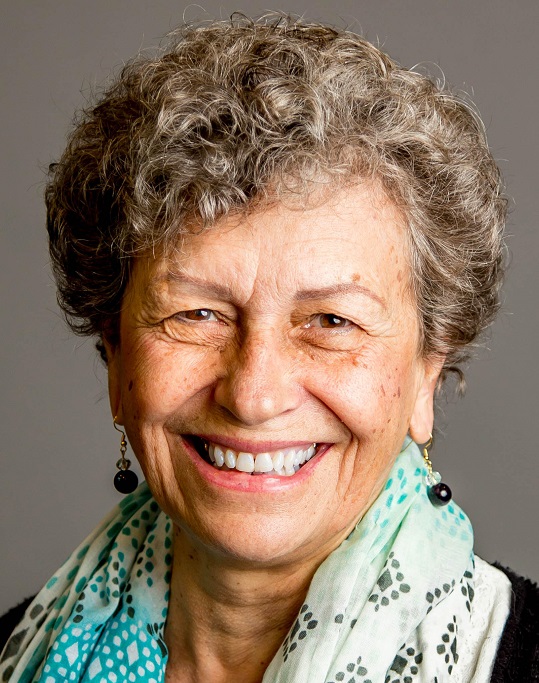 Presenter: Dannelle D. Stevens is a Professor Emerita, faculty in residence for academic writing at Portland State University. She has authored numerous journal articles. Based on research and working with national and international faculty on the complex tasks associated with balancing teaching, writing and publishing, she published her fifth book in 2018, Write more, publish more, stress less! Five key principles for a creative and sustainable scholarly practice. She conducts workshops and coaching to faculty and universities on writing and career-related choices that lead to a successful career in academe.
Presenter: Dannelle D. Stevens is a Professor Emerita, faculty in residence for academic writing at Portland State University. She has authored numerous journal articles. Based on research and working with national and international faculty on the complex tasks associated with balancing teaching, writing and publishing, she published her fifth book in 2018, Write more, publish more, stress less! Five key principles for a creative and sustainable scholarly practice. She conducts workshops and coaching to faculty and universities on writing and career-related choices that lead to a successful career in academe.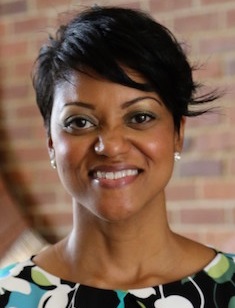 Presenter: Tamara Bertrand Jones is an Associate Professor for Higher Education and Associate Director of the Center for Postsecondary Success at Florida State University. Previous work as an administrator and program evaluator contribute to her research interests in culturally responsive evaluation and use of culturally responsive frameworks to examine the experiences of Blacks in higher education. She is a founder and past president of Sisters of the Academy Institute, an international organization that promotes collaborative scholarship and networking among Black women in the academy.
Presenter: Tamara Bertrand Jones is an Associate Professor for Higher Education and Associate Director of the Center for Postsecondary Success at Florida State University. Previous work as an administrator and program evaluator contribute to her research interests in culturally responsive evaluation and use of culturally responsive frameworks to examine the experiences of Blacks in higher education. She is a founder and past president of Sisters of the Academy Institute, an international organization that promotes collaborative scholarship and networking among Black women in the academy. Presenter: Elizabeth L. Lee is an Assistant Professor at Sam Houston State University. She obtained her M.Ed. in Curriculum and Instruction and then taught elementary school before obtaining her Ed.D. in Reading, Language Arts, and Children's Literature. Her research interests center upon best practices for the inclusion of diversity and cultural responsiveness in Early Childhood Education.
Presenter: Elizabeth L. Lee is an Assistant Professor at Sam Houston State University. She obtained her M.Ed. in Curriculum and Instruction and then taught elementary school before obtaining her Ed.D. in Reading, Language Arts, and Children's Literature. Her research interests center upon best practices for the inclusion of diversity and cultural responsiveness in Early Childhood Education.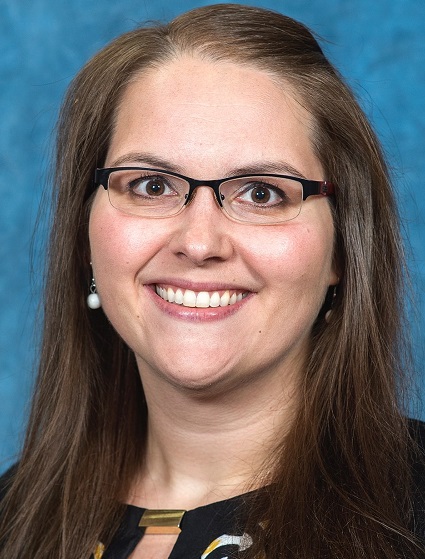 Presenter: Kristina K. Vargo is an Associate Professor of Special Education at Sam Houston State University. She earned her MS in Behavior Analysis and Therapy and her PhD in Rehabilitation, both from Southern Illinois University - Carbondale. Dr. Vargo has been a Board Certified Behavior Analyst for over 10 years and a Licensed Behavior Analyst (Texas) since 2018. Her research interests focus on the application and integration of applied behavior analysis in educational settings.
Presenter: Kristina K. Vargo is an Associate Professor of Special Education at Sam Houston State University. She earned her MS in Behavior Analysis and Therapy and her PhD in Rehabilitation, both from Southern Illinois University - Carbondale. Dr. Vargo has been a Board Certified Behavior Analyst for over 10 years and a Licensed Behavior Analyst (Texas) since 2018. Her research interests focus on the application and integration of applied behavior analysis in educational settings. Presenter:
Presenter: 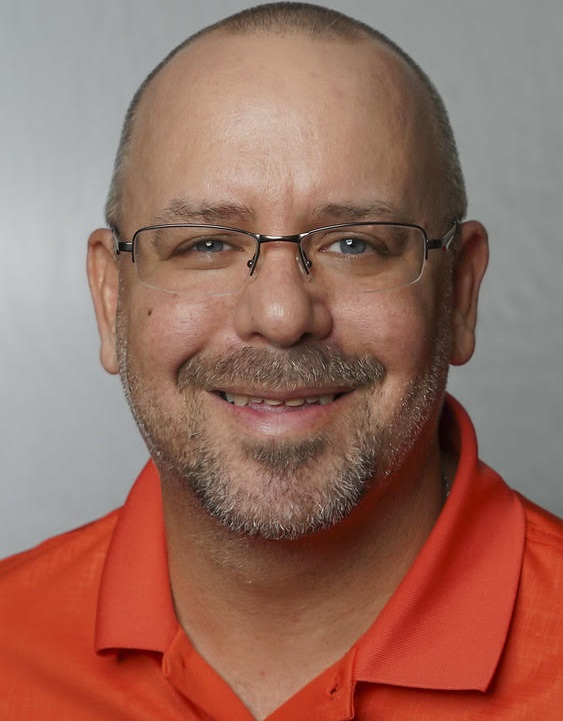 Presenter:
Presenter: 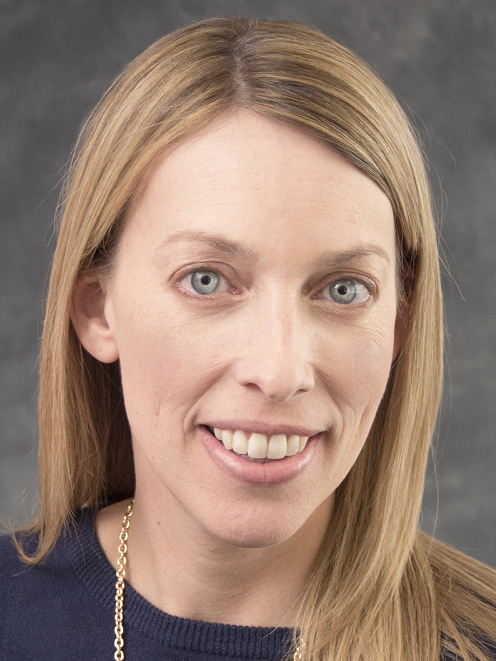 Presenter: Christine Tulley is Professor of English and Founder and Director of the Master of Arts in Rhetoric and Writing at The University of Findlay. She is the author of How Writing Faculty Write (2018), the forthcoming Rhet Comp Moms: What 100 Time Use Diaries Can Teach Us about Parenting, Productivity, and Professionalism (Utah State University Press), and contributes regularly to Inside Higher Education on academic publishing and productivity issues.
Presenter: Christine Tulley is Professor of English and Founder and Director of the Master of Arts in Rhetoric and Writing at The University of Findlay. She is the author of How Writing Faculty Write (2018), the forthcoming Rhet Comp Moms: What 100 Time Use Diaries Can Teach Us about Parenting, Productivity, and Professionalism (Utah State University Press), and contributes regularly to Inside Higher Education on academic publishing and productivity issues.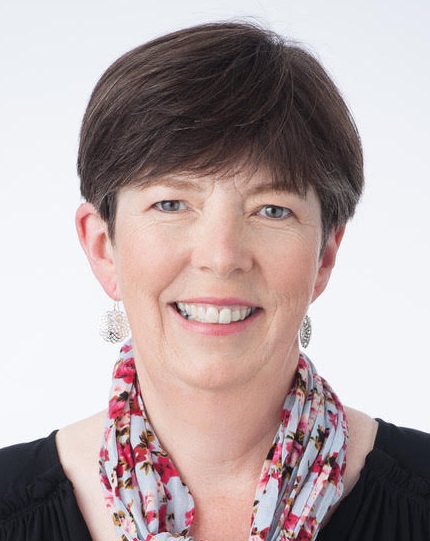 Presenter: Daphne Gray-Grant teaches academics, book writers and business owners how to banish writer's block so they can write with happiness and ease. A former senior editor at a major metropolitan daily newspaper, Daphne became an independent writing and editing coach in 1985. She is author of 8 1/2 Steps to Writing Faster, Better and Your Happy First Draft. She has been blogging since 2006 and hosting a YouTube channel since 2017.
Presenter: Daphne Gray-Grant teaches academics, book writers and business owners how to banish writer's block so they can write with happiness and ease. A former senior editor at a major metropolitan daily newspaper, Daphne became an independent writing and editing coach in 1985. She is author of 8 1/2 Steps to Writing Faster, Better and Your Happy First Draft. She has been blogging since 2006 and hosting a YouTube channel since 2017.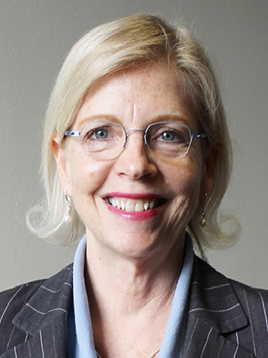 Presenter: Micki M. Caskey is a Professor at Portland State University whose areas of specialization include doctoral student writing and middle grades research. Micki is co-series editor of The Handbook of Research in Middle Level Education and The Handbook of Resources in Middle Level Education. She is also former editor of Research in Middle Level Education Online, an international peer-reviewed research journal. Micki is author or editor of more than 75 publications and 125 conference presentations.
Presenter: Micki M. Caskey is a Professor at Portland State University whose areas of specialization include doctoral student writing and middle grades research. Micki is co-series editor of The Handbook of Research in Middle Level Education and The Handbook of Resources in Middle Level Education. She is also former editor of Research in Middle Level Education Online, an international peer-reviewed research journal. Micki is author or editor of more than 75 publications and 125 conference presentations.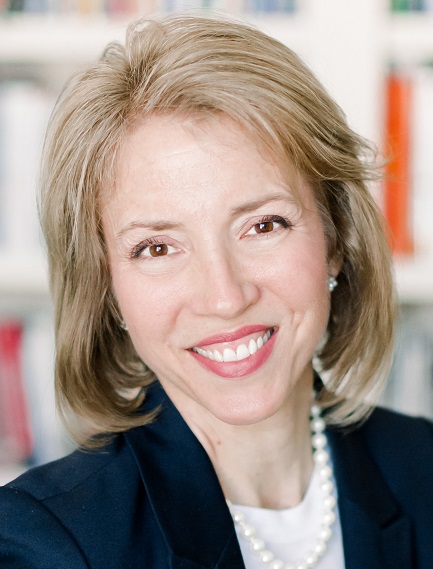 Presenter: Kristen Cvancara is a Professor at Minnesota State University, Mankato in the Department of Communication Studies. She investigates interpersonal communication and social influence patterns involving the use of verbal aggression. Her research is published in the Journal of Family Communication, Personal Relationships, Communication Quarterly, Communication Teacher, North American Journal of Psychology, Social Psychology of Education and has authored book chapters in the edited books Anti- and Pro-Social Communication and Bullying Among University Students.
Presenter: Kristen Cvancara is a Professor at Minnesota State University, Mankato in the Department of Communication Studies. She investigates interpersonal communication and social influence patterns involving the use of verbal aggression. Her research is published in the Journal of Family Communication, Personal Relationships, Communication Quarterly, Communication Teacher, North American Journal of Psychology, Social Psychology of Education and has authored book chapters in the edited books Anti- and Pro-Social Communication and Bullying Among University Students. Presenter: After being a tenured professor at Texas A&M University, Erin McTigue started her own business, The Positive Academic, through which she mentors and coaches academics in writing and productivity, as well as runs workshops. While at Texas A&M, she co-directed a university-wide writing support program and developed an academic writing course for international students. Erin is widely published, has won teaching and mentoring awards, and continually aims to bring a lightness of spirit to the weight of academia.
Presenter: After being a tenured professor at Texas A&M University, Erin McTigue started her own business, The Positive Academic, through which she mentors and coaches academics in writing and productivity, as well as runs workshops. While at Texas A&M, she co-directed a university-wide writing support program and developed an academic writing course for international students. Erin is widely published, has won teaching and mentoring awards, and continually aims to bring a lightness of spirit to the weight of academia.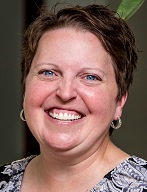 Presenter: Ella Ingram is a biologist and Associate Dean at Rose-Hulman Institute of Technology. Ella works with faculty and staff campus-wide to help them become more effective and efficient professionals in all aspects of their work. Recent efforts have centered on helping colleagues adopt inclusive practices, including gender equity and anti-racism, and skill development in change management. She facilitates WORKshops on writing success strategies, teaching effectiveness, leadership development, and more.
Presenter: Ella Ingram is a biologist and Associate Dean at Rose-Hulman Institute of Technology. Ella works with faculty and staff campus-wide to help them become more effective and efficient professionals in all aspects of their work. Recent efforts have centered on helping colleagues adopt inclusive practices, including gender equity and anti-racism, and skill development in change management. She facilitates WORKshops on writing success strategies, teaching effectiveness, leadership development, and more.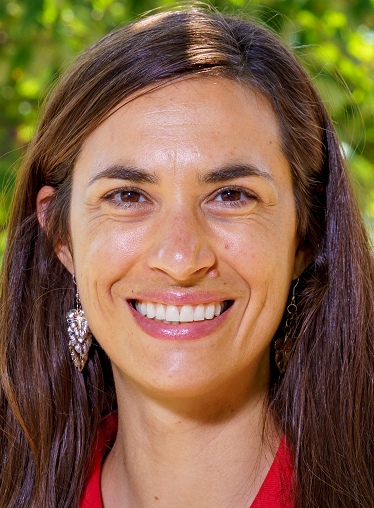 Presenter: Michelle Marincel Payne is an environmental engineer and Associate Professor at Rose-Hulman Institute of Technology. Michelle has benefited from writing accountability groups since graduate school. Michelle co-created a cross-discipline Undergraduate Research Community to support undergraduates¿ learning and writing through research. She mentors undergraduates investigating the efficacy of engineered wetlands for the removal of stormwater pollutants and enjoys supporting them as they develop their critical thinking and writing skills.
Presenter: Michelle Marincel Payne is an environmental engineer and Associate Professor at Rose-Hulman Institute of Technology. Michelle has benefited from writing accountability groups since graduate school. Michelle co-created a cross-discipline Undergraduate Research Community to support undergraduates¿ learning and writing through research. She mentors undergraduates investigating the efficacy of engineered wetlands for the removal of stormwater pollutants and enjoys supporting them as they develop their critical thinking and writing skills.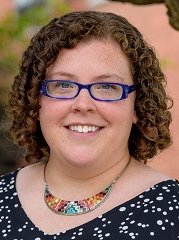 Presenter:
Presenter: 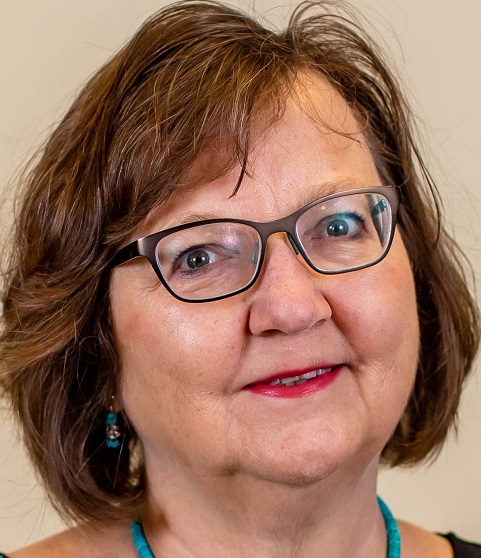 Presenter: Janet Salmons is a free-range scholar, writer, coach, and artist through Vision2Lead. Areas of interest include emerging research methods, and teaching and learning in the digital age. Janet has written 10 books, with more on the way. Janet is the Methods Guru and lead writer for SAGE Methodspace. She is an honorary member of the TAA Council of Fellows (2019) and received the Mike Keedy Award (2018) in recognition of enduring service to authors.
Presenter: Janet Salmons is a free-range scholar, writer, coach, and artist through Vision2Lead. Areas of interest include emerging research methods, and teaching and learning in the digital age. Janet has written 10 books, with more on the way. Janet is the Methods Guru and lead writer for SAGE Methodspace. She is an honorary member of the TAA Council of Fellows (2019) and received the Mike Keedy Award (2018) in recognition of enduring service to authors.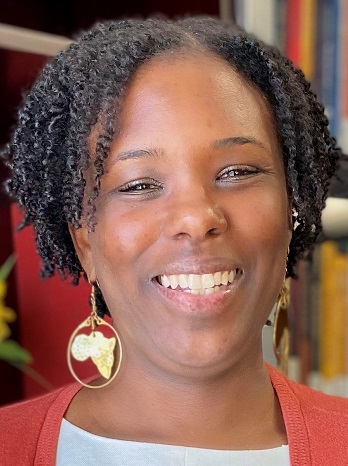 Presenter:
Presenter:  Presenter: Tamara Bertrand Jones
Presenter: Tamara Bertrand Jones